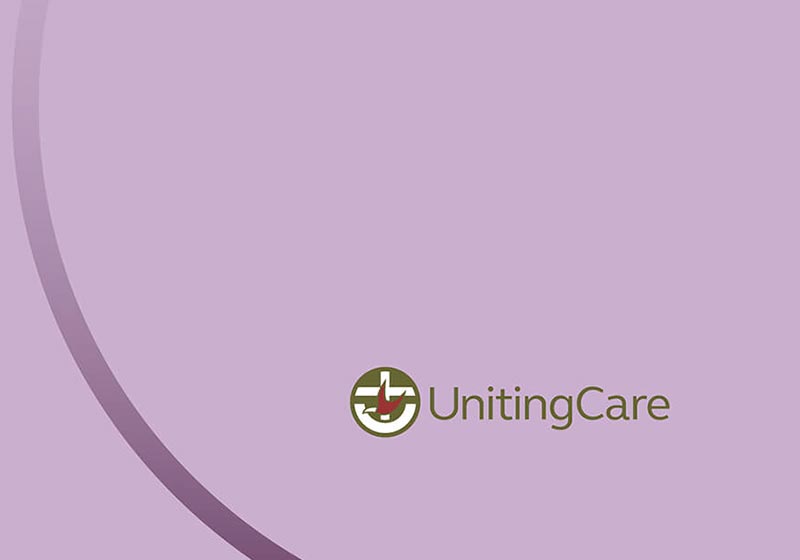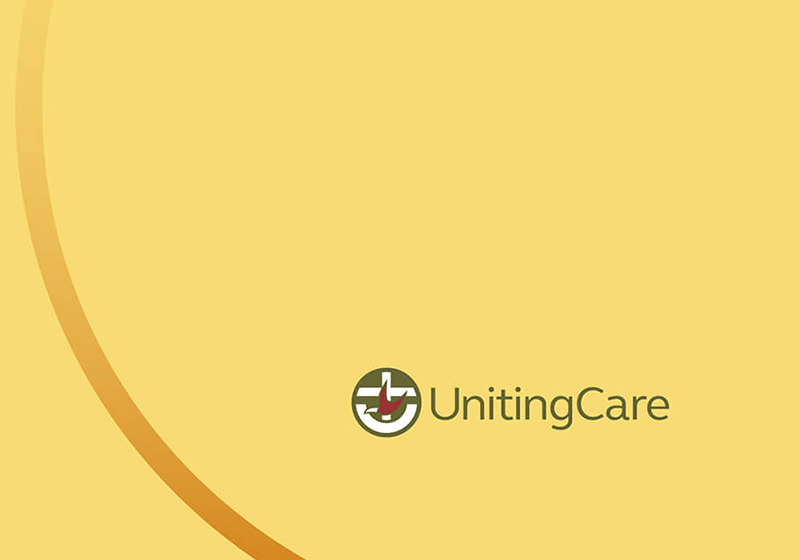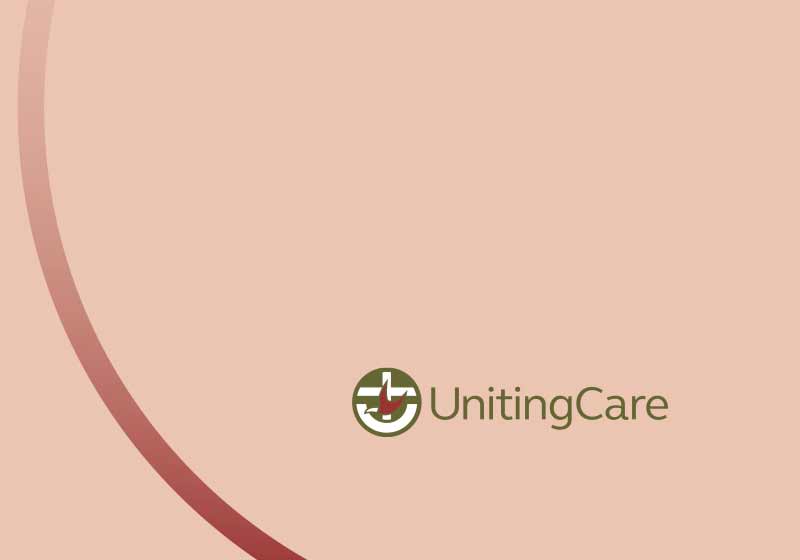Report raises the alarm on elder abuse
- 15.6% increase in calls to the EAPU Helpline compared with previous year
- 2,338 abuse notification calls in 2021-2022
- Multi-generational living linked to spike in abuse
UnitingCare’s latest report into elder abuse, the ‘Year in Review’, highlights the prevalence of this distressing issue across Queensland.
In the 2021-2022 financial year, the Queensland Government-funded Elder Abuse Prevention Unit (EAPU) Helpline received 2,338 abuse notification calls—up 15.6% and surpassing the record number of calls the year prior.
The report reveals the devastating impacts of elder abuse, with victims often experiencing psychological distress, deterioration in their health, and financial consequences from the abuse.
Key findings
1. Most common types of abuse reported were psychological (76.6%), financial (62.1%), and social abuse (27.8%).
2. It is common for victims to experience multiple types of abuse simultaneously, with more than one type of abuse reported in 68.7% of cases.
3. In close to two-thirds of cases (65.5%), victims and perpetrators were living together. Victim and perpetrator cohabitation has increased sharply over the past four financial years.
4. Ageism was identified in almost one-third of cases, while a sense of entitlement to an older relative’s assets was identified in close to half of elder abuse cases (44.2%).
5. Almost all cases of abuse in close or intimate relationships occurred within family relationships (95%).
Luke Lindsay, General Manager of UnitingCare’s Wellbeing Services, said while the report is a difficult read, the issue of elder abuse is not something we can ignore.
“Elder abuse is a complex social issue which not only has devastating impacts for the victims, but affects our entire community,” he said.
“While this report is distressing, it is an issue we need to unite on, to prevent and stop elder abuse from occurring.”
Seniors Minister Craig Crawford said many instances of elder abuse sadly involved family or someone they know and trust.
“This latest report shows a spike in victims and perpetrators cohabitating as people move back home to live with elderly family,” Mr Crawford said.
“We know there are many reasons why co-habitation occurs, but it is vital our elders deserve to live safely, with dignity and respect.
“What we can take from the increase in reported cases is that our awareness campaigns are working. We are bringing the issue out of the shadows, letting people know there is help and support available and making access to that support possible.”
This year’s report shows the proportion of cases in which victims and perpetrators cohabit has increased by 74.2% over the past four years.
Commenting on this finding, Mr Lindsay said this was due to combined factors of the housing shortage, higher interest rates, and other cost of living pressures.
“The growing number of victim and perpetrator cohabitation cases is a worrying trend,” Mr Lindsay said.
“The tough economic climate and the housing crisis continues to present challenges for many people within the community, which unfortunately means that the drivers of increased cohabitation will likely continue in the short-term as more adult children move in with their parents.
“Multi-generational living can be challenging and unfortunately relationships can break down, placing the older person at higher risk of distressing financial, psychological or even physical abuse.”
The report noted that more victims were fearful of becoming homeless or had already experienced homelessness because of the abuse.
“The data shows that we need longer term solutions to this issue— a focus on supporting access to safe, accessible, and affordable housing for victims of elder abuse is needed.”
Mr Lindsay said in order for real change to occur, we need to address the individual, relational, community and societal factors that put older people at risk.
“This means tackling ageist attitudes, income inequity and the lack of access to aged care support. Our elderly community not only have the right to be safe and free from abuse, but they also deserve to be treated with dignity,” he said.
“The EAPU Helpline is a free support service available to anyone who may be experiencing elder abuse or has concerns about an elder person and we want people to continue to reach out if they are ever in need.”
The full 2021-2022 ‘Year in Review’ report can be viewed here.
Anyone who is experiencing elder abuse, or has concerns about an elder person, can contact the Elder Abuse Helpline on 1300 651 192 or visit eapu.com.au.
ENDS
Interviews with Luke Lindsay are available. For further information or for interview requests, please contact Lauren Barrett 0423 652 588.
Interviews with Minister Craig Crawford are available. For further information or for interviews, please contact 0477 948 091.
About the EAPU Helpline:
The EAPU Helpline is a confidential service that offers specialised advice, including information, support, and referrals, for older people who are experiencing abuse and for anyone who witnesses or suspects the abuse of an older person. The ‘Year In Review’ report provides a snapshot of abuse reported to the EAPU Helpline of victims aged 50 years and older. The EAPU dataset is widely recognised as the largest and most comprehensive source of elder abuse data in Australia.
















